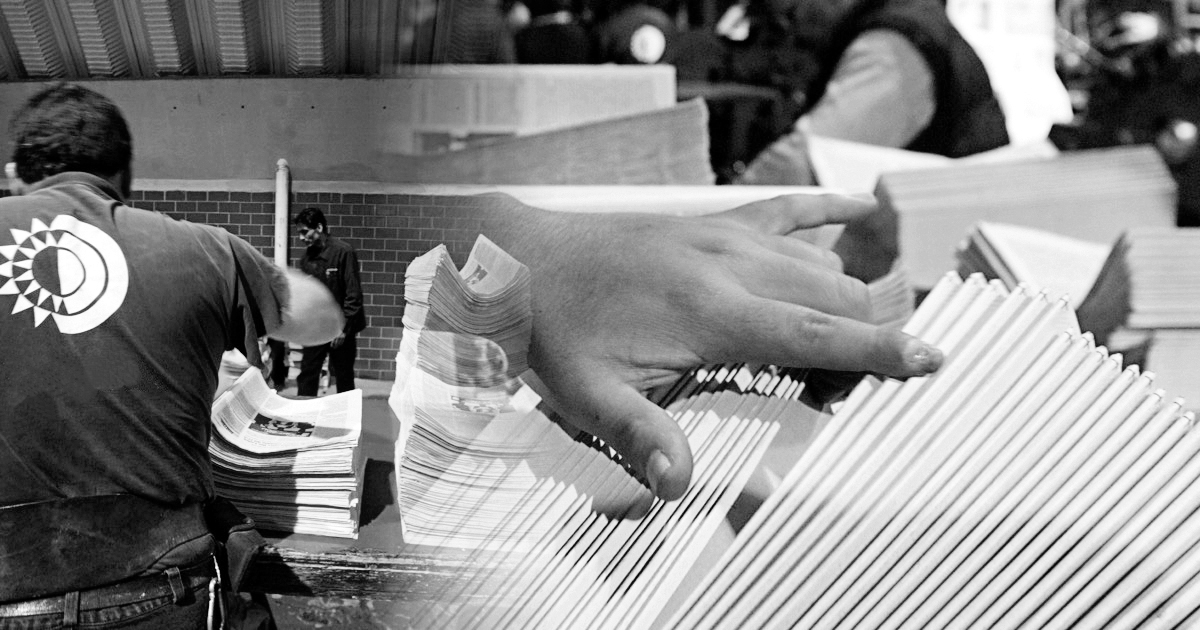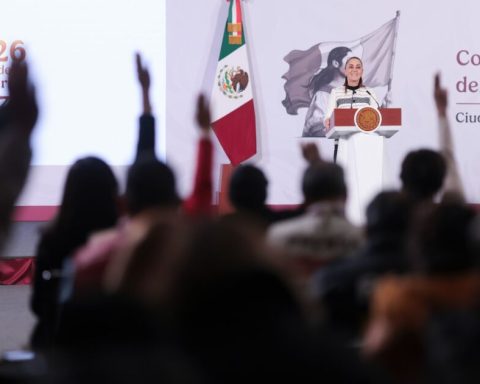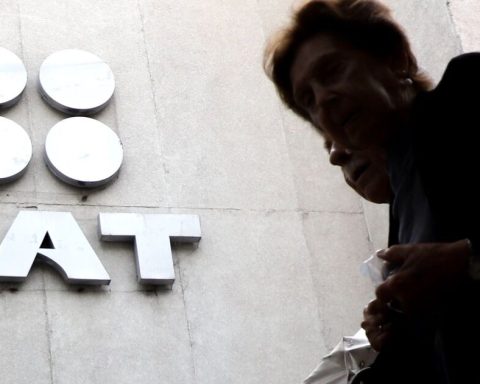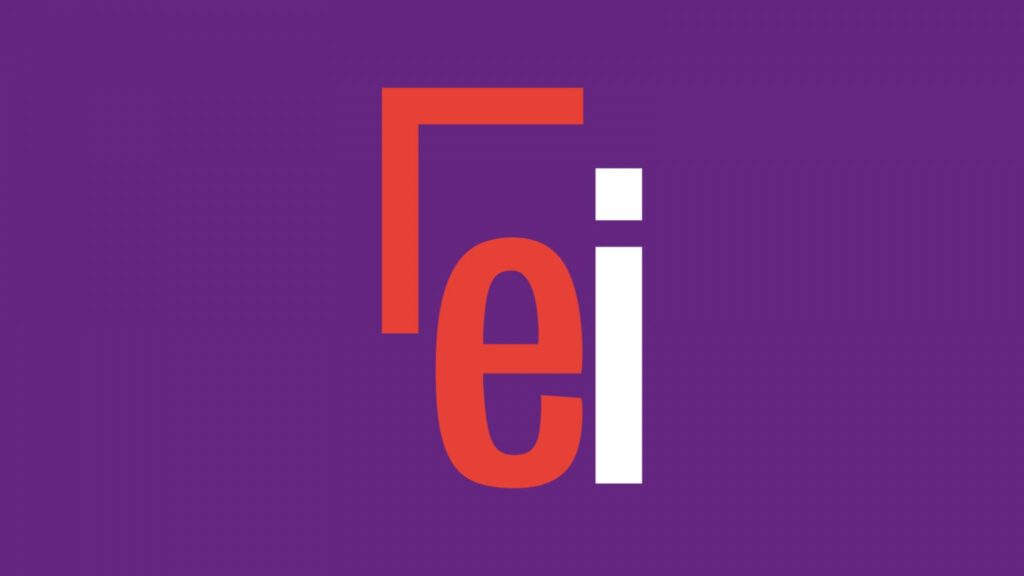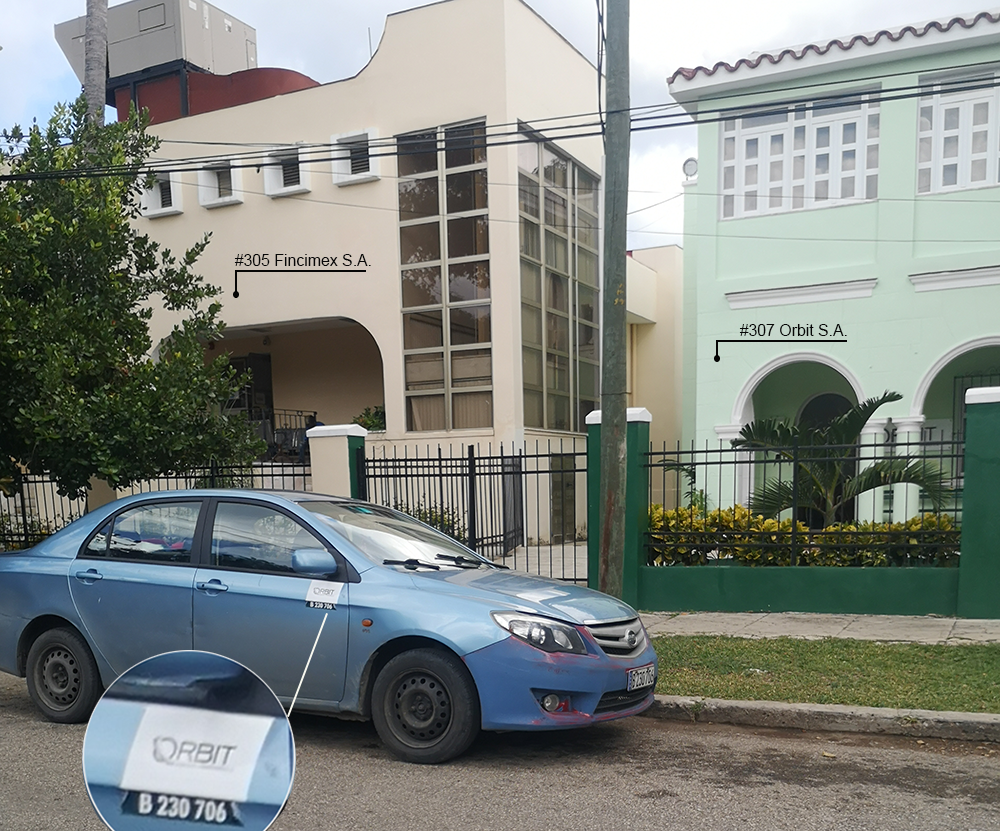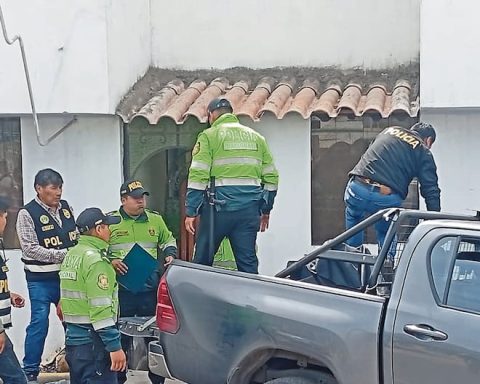P
For better or for worse, you never know, whoever writes this happened to be born in the Basque Country, a small nation of some 3 million inhabitants that hugs the Bay of Biscay, jumps from side to side of the Pyrenees and has a own language, Basque (euskara), which continues to be a mystery for linguists and historians, as it is older than the rest of the dominant Indo-European languages on the continent.
This week the oldest known writing in the Basque language – the origin of current Basque – was presented to the public. It is a bronze hand with an inscription engraved with various characteristics typical of the Basque language and with a first word that does not need translation into the language currently spoken: sorioneku
looks too much like the current one zorioneko
which is something like lucky
. The piece, which has been found at the Irulegi site, dates from the 1st century BC and reveals, contrary to what was believed, that the Basques were a literate people before the Romans arrived.
Removing the eternal aspirants from the equation enfants terribles, you can imagine the joy that the discovery has generated, especially since it was carried out in the region of Navarra, where authorities that are not very friendly to current Euskara put constant obstacles to the transmission and normalization of a language that only the popular commitment of the people rescued from Franco’s persecution during the dictatorship. This week all the newspapers published in the Basque Country have agreed to publish the hand on their front pages, an unusual consensus in a town very given to disputes. Herri txiki, infernu handi, is said in Basque; small town, big hell
Eighty percent of the inscription remains to be deciphered, but the first inscribed word, the place where it was found—the vestibule of a house burned by the Romans—and a hole at the base of the palm have led investigators to think that it is an object that hung at the entrance of the house, as a welcome and good luck wish for residents and visitors.
The latter is not a minor issue. No similar piece of bronze has been found in the entire area, but the Hand of Irulegi has been linked to hands engraved in stone at the same time in an area not far from Huesca. Of course, they did not have any recorded message and the researchers had interpreted them as the severed hands of the enemy that a town brandished as a war trophy.
They will tell me if an abyss does not open between a welcoming hand extended in wish of fortune and one cut as a war trophy.
The first tells us about a hospitable and welcoming people; the second of a violent and battling people. What is the correct interpretation? Surely those inhabitants of ancient Huesca also extended their hand to their guests, and it is probable that the Basques of Irulegi made war when necessary. Where science is unable to offer an indisputable explanation, the past barely becomes a mirror for those of us who approach it from the present, so the projections and interpretations we make are not innocuous. And what do you want me to tell you, one likes to imagine their ancestors extending hands rather than cutting them off. Why is there a need for a war epic when rebuilding ourselves from the present?
The basis of the current Basque national claim does not rest on historical rights –on the fact of having been–, but on the will to be of a current, alive and vibrant community. The miracle is not being so old, but staying alive. But there is no doubt, having been helps to want to continue being. In this existential tongue twister, the past is a disputed terrain that, unfortunately for archaeologists and philologists, far exceeds the scope of pure science. It is a political and symbolic dispute of the first order that builds crucial imaginaries. Presenting the colonized as an illiterate savage, as Latin America well knows, is not at all innocent.
In fact, this dispute is practically universal. A few weeks ago, a leg amputated 31,000 years ago walked as best he could along these lines. They found it in Borneo. We can interpret it as the example of a savage society that ripped off legs like someone who plucks onions, or as a society that cured and cared for its own, since this person lived for a long time without a leg. Both can be true. Which one are we going to choose?
We are 8 billion inhabitants on a planet with multiple symptoms of exhaustion. What are we going to do as a species now that we look at the change in elevation that, being generous, will mean the combination of the climate crisis and the end of cheap energy? Are we going to continue feeding the warrior ardor while announcing the collapse and the apocalypse? Or are we finally going to put so much war epic in a corner and remember that having reached the 21st century alive has more to do with having taken care of ourselves than with our dubious warrior abilities? Reconstructing the past is a way of building the future. We have an amputated leg to start walking and a battered bronze hand to support us.
